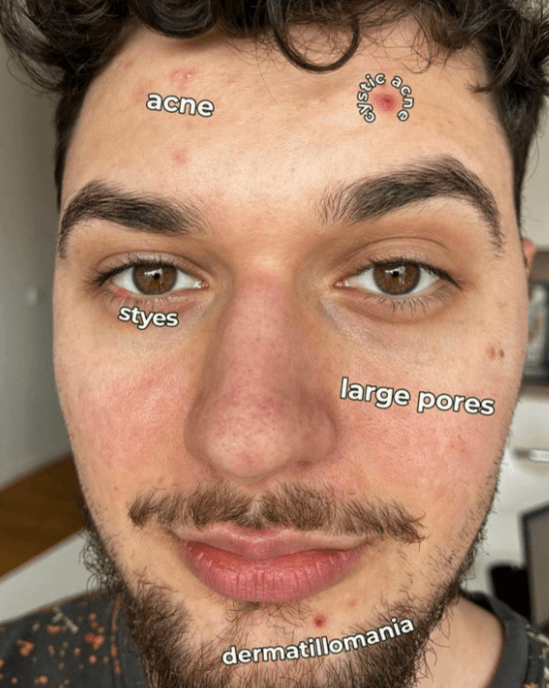It has been a long and difficult road in quest of effective cancer treatments, leading many people to investigate complementary and alternative medicine. Rick Simpson Oil (RSO) is one such substitute that has received a lot of media attention.
RSO, or refined cannabis oil, has proponents who believe it may treat and even prevent cancer. Despite the hype around this medication, it is important to evaluate the scientific data supporting its usage as a cancer therapy to ensure it is effective.
Understanding Rick Simpson Oil
Often extracted using a solvent, Rick Simpson Oil (called after the guy who popularized it) is a highly concentrated cannabis extract. Cannabinoids, including as tetrahydrocannabinol (THC) and cannabidiol (CBD), are abundant in this extract. RSO is often used in conjunction with medicinal marijuana and is consumed orally.
Myth #1: Rick Simpson Oil Cures Cancer
The idea that RSO may cure cancer is one of the most common misconceptions about the substance. Even while some people have reported miraculous recoveries after using RSO, there is presently no scientific proof to back up the claim that it may cure cancer.
Finding a cure for cancer is difficult because of the many factors that contribute to the development of the illness. Even while there are some success stories, anecdotes are not the same as hard data.
Reality: RSO May Have Anti-Cancer Properties
While the efficacy of RSO as a cancer treatment has not been shown, there is preliminary evidence that cannabinoids in cannabis may have anti-cancer effects.
Cannabinoids have been demonstrated to decrease tumor development in animal models and trigger apoptosis (programmed cell death) in cancer cells. Cannabinoids have shown promise in the treatment of nausea, vomiting, and weight loss, all of which are common side effects of cancer treatment.
Myth #2: RSO Works for Every Type of Cancer
The idea that RSO can cure every kind of cancer is another popular fallacy. Proponents of this therapy method often present it as a panacea. However, cancer is a complex illness with many different subtypes, and treatments that are successful in one setting may not be as helpful in another.
No therapy, not even RSO, can guarantee a cure for cancer, since each kind of cancer has its own unique characteristics and responses to treatment.
Reality: Limited Clinical Evidence
There is a lack of high-quality clinical data supporting RSOs’ use in the treatment of cancer. Few human clinical trials have particularly investigated RSO’s effectiveness against cancer; most studies have been done on cell cultures or animal models.
When weighing the possible advantages and cons, this lack of thorough clinical evidence is a major caveat.
Myth #3: RSO Is a Safer Alternative to Conventional Cancer Treatments
Proponents of RSO argue that it is preferable to invasive procedures like chemotherapy and radiation therapy for cancer because it has less potential for harmful side effects. They claim that RSO is safer for human consumption because of its natural nature.
Reality: Potential Risks and Side Effects
RSO is a highly concentrated version of cannabinoids, and although cannabis is widely accepted as safe for most folks, RSO is not. Possible negative effects include lightheadedness, sleepiness, dry mouth, and a decrease in mental acuity. It is also important to think about how RSO could interact with any other drugs a cancer patient might be taking.
Conclusion
A healthy dose of skepticism and care is warranted while considering Rick Simpson Oil as a cancer therapy. Although there is encouraging research demonstrating the anti-cancer benefits of cannabis, there is not yet sufficient data to support RSO as a universal treatment for cancer.
Patients who are thinking about RSO or any other alternative cancer therapy should discuss their options with their doctors first.
A more complete knowledge of RSO’s involvement in cancer therapy may emerge as cannabis and cancer research advances, but for the time being, it remains an untested option with possible advantages and hazards.












